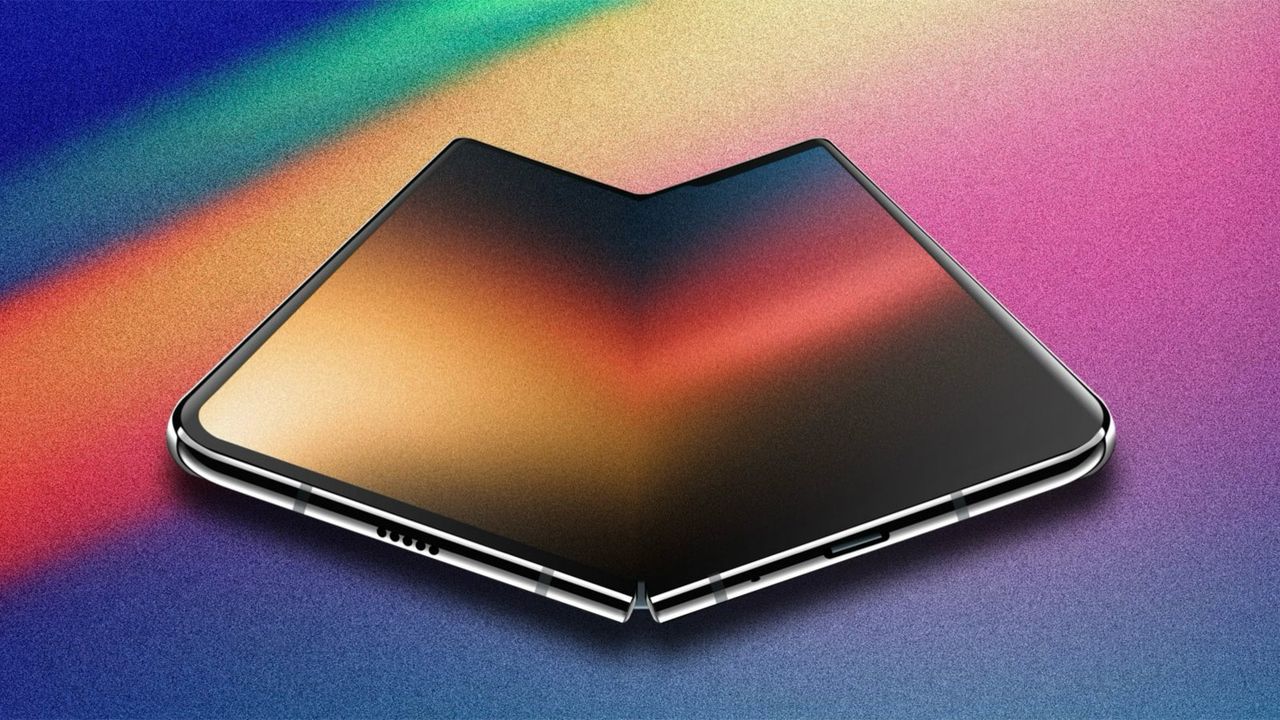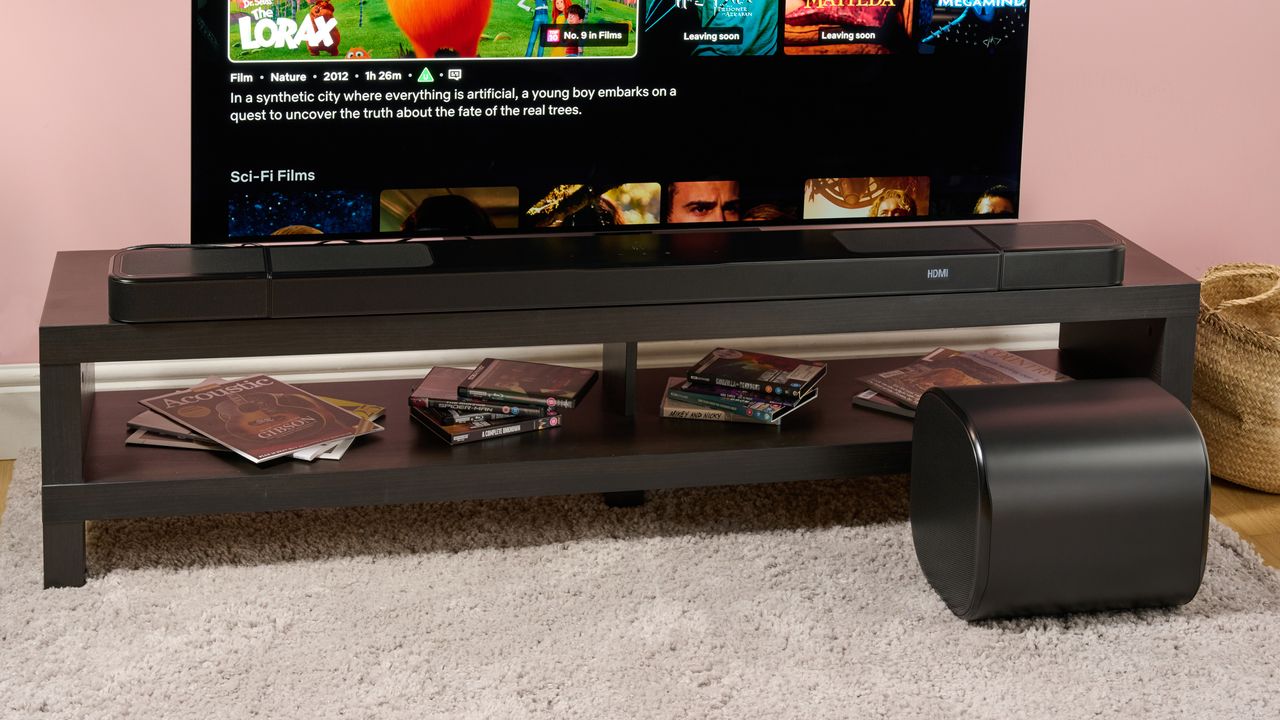Windows 10 reaches its End of Life in October 2025, and a California resident is particularly disgruntled about this looming deadline.
He isn’t alone, of course, but Lawrence Klein feels strongly enough that Microsoft is out of order in bringing the shutters down on Windows 10 in just a couple of months that he has fired up a lawsuit against the company.
As The Register reports, Klein has accused Microsoft of violating consumer legal code and business code (including false advertising law) by winding up support for Windows 10 too early, in his opinion.
The crux of the argument is that too many people remain on Windows 10 for the operating system to have support pulled (there are nuances here, which I’ll come back to). And that some 240 million devices don’t meet the hardware requirements to upgrade to Windows 11 – due to Microsoft setting those PC specifications at an unreasonable level – and the potential e-waste nightmare that could prompt.
In short, the upgrades required for Windows 11 – including TPM 2.0 security, as well as ruling out some surprisingly recent processors – aren’t justified.
Furthermore, Klein argues that this upgrade timeline is all part of Microsoft’s drive to push folks to use its Copilot AI with Windows 11, in a broader push to get more adoption for Copilot+ PCs – in other words, to buy new machines and discard old Windows 10 hardware (and again, we’re back to that e-waste issue).
You can read the lawsuit in its entirety (it’s a PDF) here, but that’s the gist, and Klein argues that Microsoft should postpone killing off Windows 10 and wait until far fewer people are using the older operating system.
As the suit states: “[The] Plaintiff seeks injunctive relief requiring Microsoft to continue providing support for Windows 10 without additional fees or conditions until the number of devices running the operating system falls below a reasonable threshold, thereby ensuring that consumers and businesses are not unfairly pressured into unnecessary expenditures and cybersecurity risks [of running a Windows 10 PC without security updates].”
Is Klein justified in this lawsuit? In some respects, I think so, and while I don’t imagine for a minute that this legal action will go anywhere in terms of the outcome of the suit itself, I’ve a feeling it could come into play, and be important, indirectly.
What do I mean by that exactly? Well, let’s dive into the thinking behind Klein’s lawsuit, and the key reasons why it might force Microsoft to sit up and take notice.
1. Windows 11’s hardware requirements really are unreasonable
Do we really need TPM 2.0 forced upon us? Yes, it ushers in a better level of security, I don’t dispute that – but hundreds of millions of PCs potentially heading to landfill seems too heavy a price to pay. For me, as already mentioned, the decision to rule out some relatively new CPUs in the Windows 11 specs is particularly baffling.
The key point here is that Microsoft has never pushed the PC hardware requirements as hard as it has with Windows 11, and that leaves it open to criticism, although this observation is nothing new. What is new, though, is that the lack of fairness in setting this higher hardware bar has become crystal clear with the number of people who are still using Windows 10, which brings us onto my next point.
2. This close to End of Life, there are clearly too many people still using Windows 10
The lawsuit cites outdated figures as to how many folks are still on Windows 10 – an estimate drawn from April 2025 suggests that 53% remain on the older OS. While that’s no longer the case, the level remains high.
Based on the latest report from StatCounter (for July 2025), Windows 10 usage is 43%, which is very high with the End of Life deadline imminent. Normally, an outgoing Windows version would have way fewer users than this – Windows 7 had a 25% market share when it ran out of support (and it was a popular OS).
There are always holdouts when a new version of Windows comes out, but it’s looking like this is going to be really bad with Windows 10’s end of support. This is Klein’s central argument, and I think it’s a key factor that Microsoft doesn’t appear to be taking into account – or perhaps doesn’t want to face up to.
Maybe the software giant is thinking there’ll be a last-minute flood of Windows 11 migration, but given the outlined hardware requirements problem, I doubt it.
3. Proving the cynics right?
Another part of Klein’s case against Microsoft is the assertion that the company is using Windows 10’s end of support and Windows 11 upgrades to persuade people to buy new PCs that major in AI, namely Copilot+ PCs. And indeed Microsoft hasn’t helped itself here, openly pushing these Windows 11 devices as the lawsuit points out – and that includes intrusive full-screen advertisements piped to Windows 10 machines.
That feels like a crass tactic, and makes it seem like part of this is indeed about pushing those Copilot+ laptops. Yes, by all means, advertise Copilot+ PCs and their AI abilities (which are limited thus far, I should note) – but don’t do it in this way, directly at Windows 10 users, and expect that to be viewed in anything other than a negative and cynical light.
4. Microsoft has already made a concession, true – but it’s not enough
It’s worth noting that not everything Klein puts forward in this suit seems reasonable. I don’t think you can argue that 10 years of support is stingy, which is what Microsoft has given Windows 10. However, Klein picks out ‘transitional’ support in his lawsuit, meaning the length of support after a succeeding OS has been launched – four years in this case – which isn’t entirely fair and looks lean. The problem here is not the length of time for support as such, but the different circumstances around hardware requirements.
Also, calling Windows 11 ‘wildly unpopular’ as Klein does at one point is equally unfair – even if adoption of the operating system has been very sluggish, admittedly. There’s a definite bias towards shooting the OS down across all fronts, and I think that weakens Klein’s argument.
But my main bone of contention here is that Klein ignores the concession Microsoft has made in terms of the extended year of support for consumers who want to stay on Windows 10. As the lawsuit states, this extra support through to October 2026 can be had for the price of $30, but recently, Microsoft introduced the ability to get this extension for free, well, kind of. (Financially, you won’t pay a penny, but you need to sync some PC settings to OneDrive, and I don’t think that requirement is too onerous myself.)
That was an important move by Microsoft, which it isn’t given any credit for here, but that said, I still don’t think the company goes far enough. As I’ve said before, an extra year of support is certainly welcome, but Microsoft needs to look at a further extended program for consumers.
So, while the lawsuit does go off the rails (at least for me) around these issues, it does effectively put a spotlight on how we’re looking at measuring support, and a different perspective other than a hard timeframe. Instead of talking about ‘x’ years of extended coverage, it mentions a level of Windows 10 adoption that should be reached before Microsoft pulls the plug on support for the OS.
I think that’s a valuable new angle on this whole affair, and while 10% of total Windows users – which is the low bar Klein sets for Windows 10 – maybe feels too low, there’s an interesting conversation to be had here. (The other route Klein’s suit suggests, which others have raised, is Microsoft simply relaxing the hardware requirements for Windows 11 – but I think at this stage of the game, we can safely conclude that this won’t be happening.)
5. Under pressure
My final point in terms of why this lawsuit could prove a compelling kick in the seat of the pants for Microsoft is that while, as already observed, I can’t see Klein triumphing over the company, it’s more fuel to the fire in the campaign to stave off a potentially major e-waste catastrophe.
Simply put, the PR around this – and it has been spinning up headlines aplenty over the past couple of days – is another reason for Microsoft to sit up, take notice, and maybe do some rethinking over exactly how Windows 10’s End of Life is being implemented.
We’ve already seen one concession – the aforementioned free route to get extended support for Windows 10 – in recent times, which surely must have been a reaction to the frustration that Klein and many others feel. So, perhaps this lawsuit could be the catalyst to prod Microsoft into going further in its appeasement of the unhappy Windows 10 users out there – fingers crossed, at any rate.




